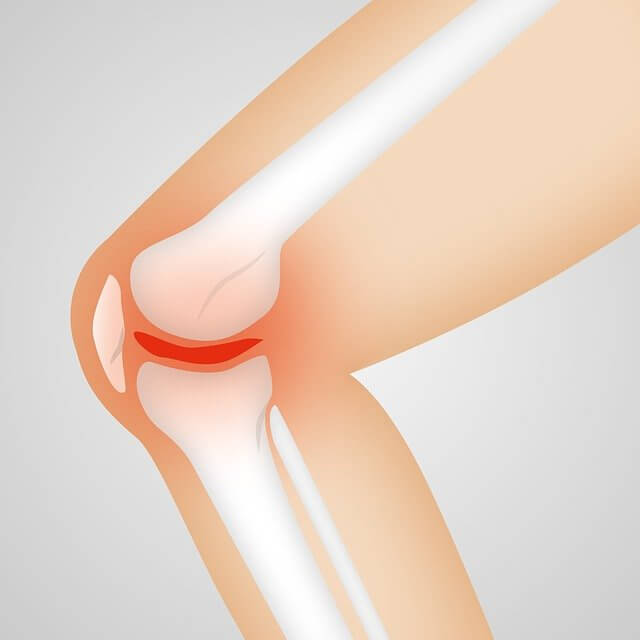While many patients consider their joint discomfort challenging and burdensome, surgery is frequently seen as the last choice, according to Dr. Saurabh Talekar, one of Mumbai’s leading orthopedic surgeons.
Dr. Saurabh Talekar believes in healing the body, mind, and spirit. He is empathetic in his approach to informing his patients about their illnesses and offering practical and straightforward treatments. He is personable and friendly. Has received significant training in a variety of orthopedic surgical specialties. He has substantial trauma experience, which he gained at the Russian Federation’s Saratov State Medical University. He has spent years training with organizations like the Central Institute of Moscow and SICOT Belgium and special interest in knee and hip diseases. He discovered his calling in assisting people through Padmashri Dr. John Ebnezar’s Wholistic Orthopaedics methods.

According to the World Health Organization, around 30% of the world’s population suffers from pain. One in every four persons over 18 suffers from chronic pain in several joints. Around two out of every five persons are impacted by the disease by 65. However, due to pandemic-related fears, many patients who require joint replacement surgery are delaying their treatments.
“There is no doubt that worry from such a dreadful infection has scared everyone to ponder 10 times before performing any scheduled surgical surgery like knee or hip replacement,” stated the specialist.
He went on to say that many patients with persistent hip and knee pain are “confused and concerned” about undergoing surgery, “not understanding if they can and what their options are.” “The reality is that, even in the absence of a pandemic, people often put off considering a more permanent solution to severe or persistent joint pain — joint replacement,” said Dr. Talekar, Mumbai’s best orthopedic surgeon.
While many people consider their joint pain complex and debilitating, surgery is frequently seen as a last resort. Don’t let your fear of surgery or the coronavirus keep you from taking action to relieve your pain, he advised.

“Joint pain caused by degenerative or inflammatory arthritis is typically treated non-operatively at first.” However, there comes the point when these modalities are no longer effective, and patients become bedridden and analgesic dependent. Sleep disturbances, depression, and a sense of hopelessness can result from uncontrolled pain, which is the most common reason for joint replacement surgery. “These patients choose joint replacement surgery so that they can become mobile again,” said Dr. Talekar, a Mumbai-based orthopedic surgeon.
Consequences of delaying joint replacement surgery:
“My concern with patients who are postponing surgery due to a fear of coronavirus is that their rehab will become difficult or impossible to complete.” “Recovery will be difficult if you become incapacitated to the point where you can’t do that rehab,” he explained.
He mentioned that recovery doesn’t take as long as it used to. Joint replacement surgery has become “more efficient, predictable, and less painful” due to advancements in surgical technique and technology. “This means that people not only regain function faster after surgery, but data also shows that patients typically return to work within six weeks,” he explained.
We’re also better at controlling patients’ pain with new medications before, during, and after surgery and using older medications differently depending on the patient’s needs, he added.
Is it then safe?
Yes. We understand that any patient with joint replacement is under the psychological stress of being subjected to Covid19. However, hospitals have gone through tremendous pains to ensure that elective procedures performed in-patient are safe. Hospitals strictly follow CDC standards and segregate surgical patients from Covid patients on different levels.
If you’re thinking about getting a joint replacement, be aware that hospitals and clinics are taking extra safeguards, such as:
*Mandating the use of masks by all patients, visitors, and personnel
*When patients and staff arrive, they are screened.
*Isolating Covid patients from the rest of the population
*In our waiting rooms, we practice social separation.
*Reducing patient traffic with video visits
*Increased housekeeping and disinfection protocols vigilance
*Before surgery, every patient is tested for Covid.
“Coronavirus will be with us for a long time.” On the other hand, your doctor can help you determine whether a joint replacement is best for you and address any questions or concerns you may have about the process or timing. Dr. Talekar stated, “Knee and hip replacement surgeries are performed with the utmost care and safety.”






